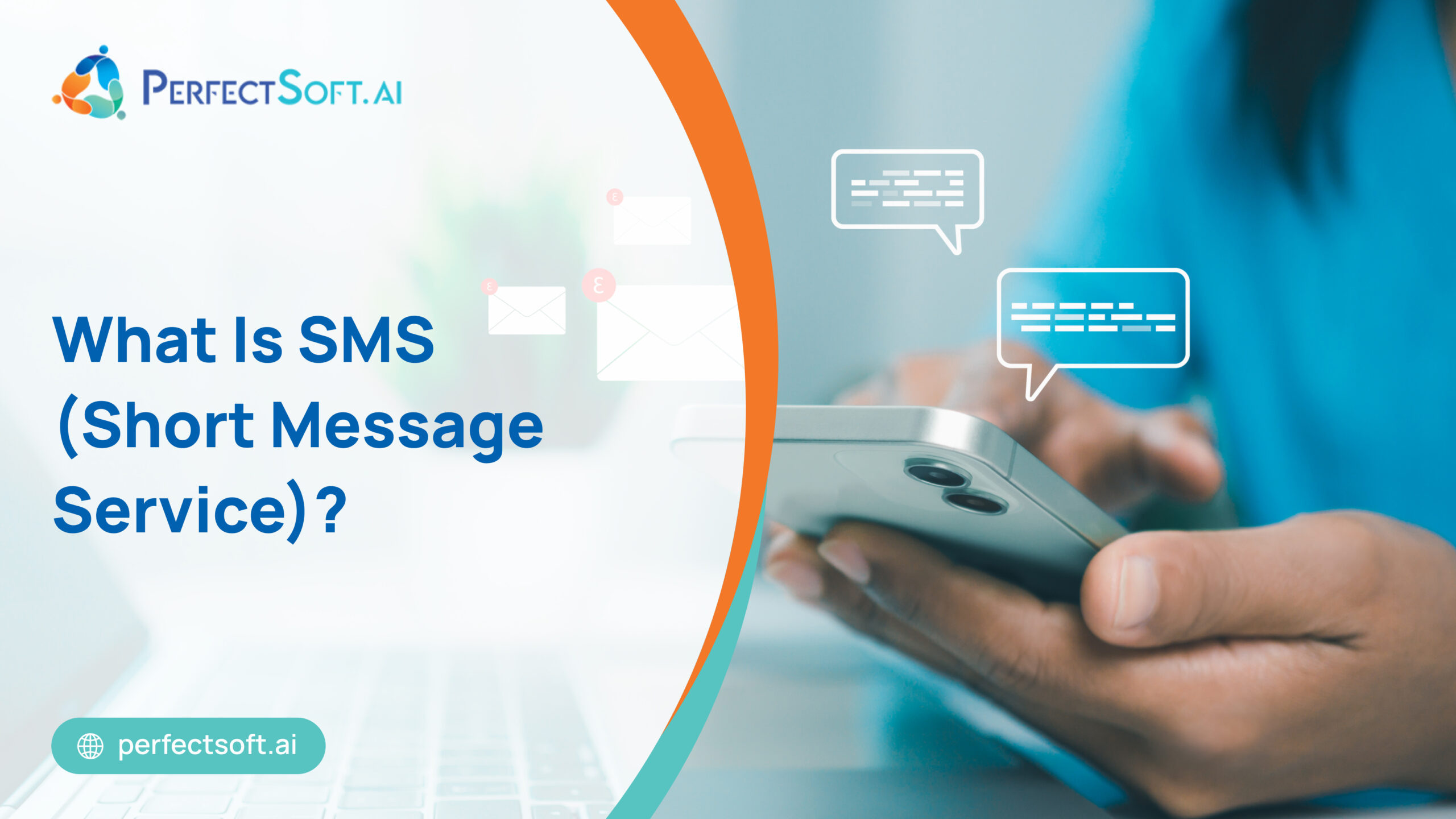How SMS Works in Contact Centers
Contact centers use SMS for both outbound and inbound communication. Outbound SMS may include appointment reminders, delivery updates, service alerts, promotional messages, or satisfaction surveys. Inbound SMS allows customers to reply, request support, confirm appointments, or interact with automated systems like chatbots. SMS messages can be sent manually by agents through a CRM interface or automatically through integration with contact center platforms and APIs. Many businesses also use bulk SMS or automated SMS workflows to handle large-scale communication needs.Essential Benefits of SMS for Contact Centers
- High Open Rates SMS messages have an extremely high open rate, often over 90%, and are usually read within minutes of delivery.
- Direct and Immediate Unlike email or app-based messages, SMS reaches users instantly and doesn’t rely on internet access.
- Improves Customer Engagement SMS is a preferred communication method for many customers, especially for quick updates or two-way communication.
- Reduces Call Volume Sending information like order confirmations, appointment details, or outage notifications via SMS reduces the need for follow-up calls.
- Supports Automation Businesses can schedule or trigger SMS messages based on customer actions, system alerts, or business rules.
Common Use Cases in Contact Centers
- Appointment confirmations and reminders
- Delivery or order status updates
- Password resets or one-time verification codes (OTP)
- Outage or service alerts
- Customer satisfaction surveys (CSAT)
- Promotional offers and product announcements
- Two-way customer service for quick questions or issue updates
Compliance and Best Practices
Because SMS is regulated under privacy and consumer protection laws, businesses must obtain customer consent before sending messages. Common rules include:- Opt-In/Opt-Out Mechanisms: Customers must actively opt in to receive messages and be able to opt out at any time.
- Message Clarity: Messages should clearly identify the sender and purpose.
- Respect Timing: Avoid sending messages during inappropriate hours to minimize customer frustration.

